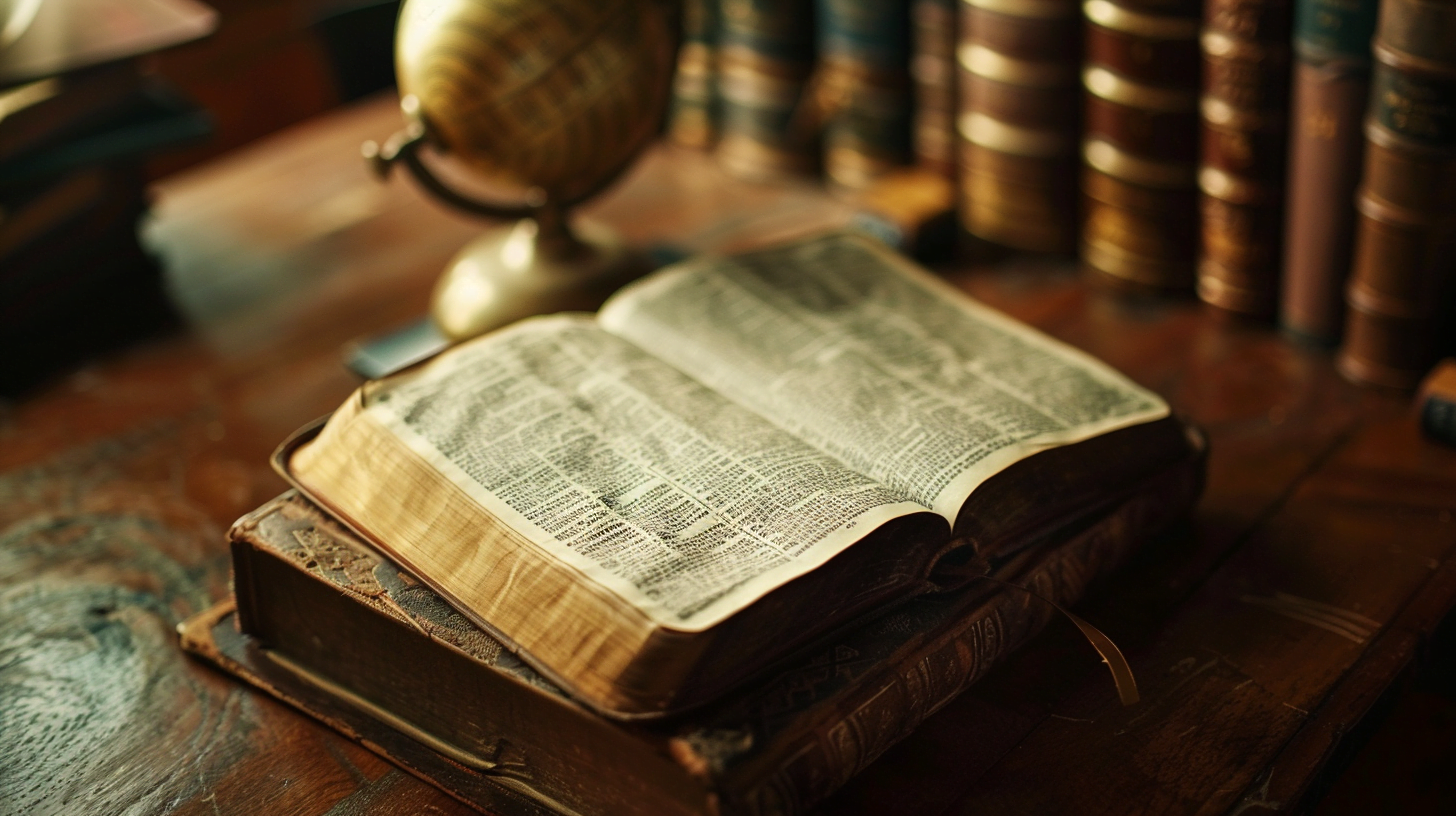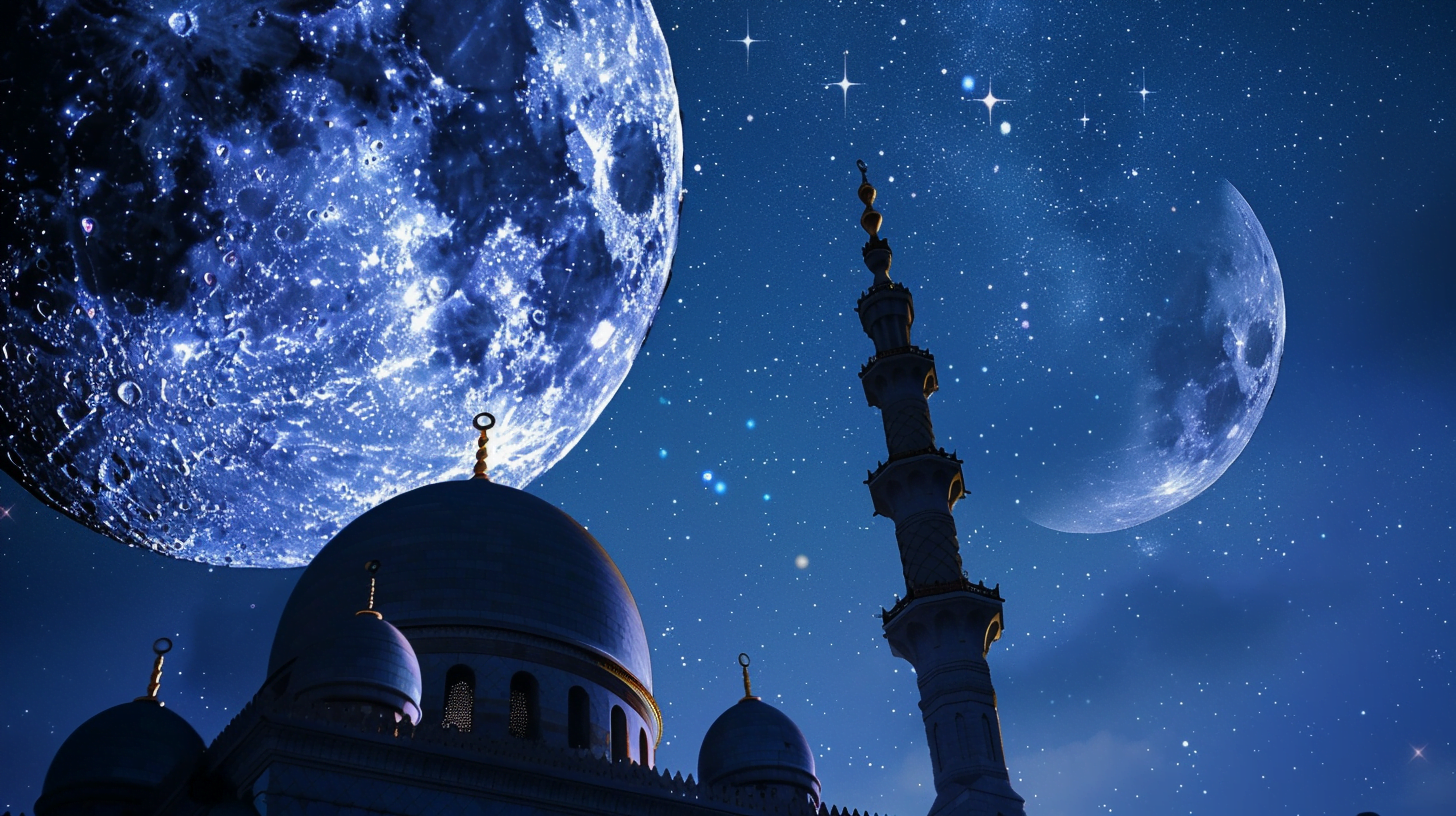The discovery of astrology in Islam marked a significant development in the religious and intellectual history of the Islamic world. Emerging during the early medieval period, astrology gradually gained prominence and influence, intersecting with Islamic theology and science. The practice of astrology, particularly its connection to the zodiac, became intertwined with the beliefs and practices of Muslim scholars and practitioners. This article explores the origins of astrology in Islam and sheds light on the key figures and events that propelled its exploration and acceptance within the Islamic faith. By examining the historical context and the significant contributions made by Islamic astronomers and scholars, we gain a deeper appreciation for the role astrology played in shaping Islamic society and its engagement with the natural world.
The Evolution of Astrology in Islam
Astrology has played a significant role in Islamic culture throughout history, its evolution influenced by various factors such as cultural traditions, religious beliefs, and the contributions of early Islamic scholars. Understanding the origins, influences, principles, history, and controversies surrounding astrology in Islam provides valuable insights into its development and continuing relevance in contemporary society.
The Origins of Astrology in Islamic Culture
Astrology found its way into Islamic culture through a combination of Greek and Persian influences. As Islamic civilization flourished, scholars began translating and studying Greek and Persian texts on astrology. This knowledge then assimilated with the existing Arab and Persian traditions, resulting in the birth of Islamic astrology.
The Importance of Astronomy in Islamic Society
Astronomy played a crucial role in Islamic society, serving as the foundation upon which astrology was built. The accurate observation and prediction of celestial phenomena were vital for religious observances, such as determining the times for prayers, fasting, and pilgrimage. Islamic astronomers made significant advancements in the field, developing sophisticated instruments and mathematical methods to study the movement of heavenly bodies.
Early Islamic Scholars and Astrology
Early Islamic scholars embraced astrology, recognizing its potential for understanding human fate and predicting future events. Pioneers such as Al-Kindi, Al-Farghani, and Al-Battani made remarkable contributions to the field, integrating Greek, Persian, and Arab astrological traditions. They advanced the study of planetary movements, zodiac signs, and astrological houses, laying the groundwork for Islamic astrology’s principles and application.
The Influences on Islamic Astrology
Islamic astrology was a synthesis of various astrological traditions that had been present in the Arabian Peninsula before the advent of Islam. Greek and Persian astrological practices heavily influenced Islamic astrology, with their concepts and methodologies being assimilated and adapted to fit within the framework of Islamic belief systems.
Greek and Persian Astrological Traditions
Greek astrology, stemming from the works of legendary figures like Ptolemy and Aristotle, presented a sophisticated system that considered the planetary positions and their influences on human life. Persian astrology, known as “Masha’allah astrology,” integrated Greek methods with Persian astrological practices, emphasizing the importance of annual solar returns and horary astrology. Islamic scholars immersed themselves in these rich traditions, incorporating their knowledge into the evolving field of astrology.
Pre-Islamic Arabian Astrology
The Arabian Peninsula had its own astrological practices even before the arrival of Islam. Arab tribes had developed celestial observations and divinatory techniques to understand their destinies and make decisions. These practices involved interpreting signs from objects such as shooting stars and eclipses, which were believed to contain messages from the divine. Islamic astrology absorbed these pre-Islamic Arabian traditions, Arabizing and refining them through the lens of Islamic theology.
Cultural and Religious Adaptations
As Islam spread across different regions, local cultures and religious beliefs influenced the practice of astrology. In areas with strong Islamic traditions, astrology was often intertwined with Islamic mysticism and esoteric interpretations of religious texts. This blending of astrology with Sufism, a mystical branch of Islam, gave birth to branches of Islamic astrology that emphasized spiritual growth, self-reflection, and the search for divine guidance through astrological interpretation.
Islamic Astrology Principles
Islamic astrology, as practiced by Muslim scholars and astrologers, adheres to certain principles and techniques that guide their interpretation of planetary movements, zodiac signs, and astrological houses. These principles form the foundation of Islamic astrology’s unique approach to understanding the cosmos and its impact on human life.
Interpretation of Planetary Movements
Islamic astrologers closely analyze the movements and alignments of celestial bodies such as planets and their relationship to earthly events. The specific positions of these celestial bodies at significant moments, such as birth, marriage, or the start of an endeavor, are believed to influence the outcome of those events. By studying the symbolic meanings associated with each planet, astrologers draw insights into an individual’s personality traits, potentials, and challenges.
The Role of Zodiac Signs
Islamic astrology recognizes the twelve zodiac signs, known as buruuj in Arabic, each associated with specific personality traits and characteristics. These signs, such as Aries, Taurus, or Cancer, provide astrologers with additional insights into an individual’s temperament, behavior patterns, and inclinations. By examining the zodiac sign under which a person is born, astrologers can gain a deeper understanding of their unique qualities and potentials.
The Influence of Astrological Houses
Astrological houses, which divide the celestial chart into twelve segments, offer astrologers a framework for examining different areas of an individual’s life. Each house represents a specific aspect, such as career, relationships, or health, providing astrologers with valuable information about the potentials and challenges one may encounter in those areas. By analyzing the planetary positions within each house, astrologers can offer insights into a person’s life experiences and suggest strategies for achieving personal growth and fulfillment.
Astrology in Islamic History and Culture
Throughout Islamic history, astrology has intertwined itself with various facets of society, leaving its mark on literature, art, architecture, medicine, and even political decision-making. Its influence permeated both the private and public realms, shaping and reflecting the beliefs, aspirations, and understanding of the cosmos held by Islamic societies.
Astrology in the Time of the Abbasid Caliphate
Under the patronage of the Abbasid Caliphs, astrology experienced a Golden Age, flourishing as a respected and integrated discipline within the Islamic world. The Caliph al-Ma’mun, a renowned patron of arts and sciences, established the House of Wisdom in Baghdad, which became a center for translating and studying ancient Greek, Persian, and Indian works on astrology. Scholars thrived in this intellectual hub, refining and expanding astrological knowledge, embedding it into various aspects of Islamic culture.
Astrology in Islamic Art and Architecture
The aesthetic appreciation and fascination with astrology among Muslims are evident in the artistic expressions of Islamic civilization. Astrological symbols, constellations, and zodiac signs adorned intricate architectural designs, luxurious carpets, ceramics, and manuscripts. Islamic art embraced the cosmic beauty and symbolism of the heavens, depicting celestial elements as magnificent works of art, capturing the imagination of both artists and connoisseurs alike.
Astrology in Islamic Medicine
Astrology found its way into Islamic medicine through the belief that celestial bodies exerted influences not only on human destiny but also on physical well-being. Islamic physicians incorporated astrological principles into their medical practice, correlating certain ailments or health conditions with planetary positions. These astrological diagnoses often informed treatment plans, with physicians prescribing remedies according to the alignment of celestial bodies believed to govern specific parts of the body.
Criticism and Controversies of Islamic Astrology
Despite its enduring popularity, Islamic astrology has faced criticism and controversy, primarily from religious and scholarly circles within the Islamic community. Opponents argue against the practice of astrology based on religious teachings and skepticism regarding its efficacy and scientific basis. Additionally, differences of opinion exist among Islamic scholars regarding the permissibility and accuracy of astrological predictions, leading to debates within the Muslim intellectual tradition.
Religious and Scholarly Arguments against Astrology
Many Islamic scholars criticize astrology on religious grounds, citing verses from the Quran and hadiths that discourage practices deemed as divination or superstition. Theology plays a significant role in shaping the views of these critics, as they contend that seeking knowledge of the future through astrology contradicts the belief in divine predestination and the concept of free will.
Differences of Opinion within Islamic Communities
Islamic astrology has not been universally accepted within the Islamic community, leading to debates and differences of opinion regarding its permissibility. While some scholars reject astrology outright, others permit its practice within limits, such as using it as a tool for self-reflection or spiritual growth rather than making specific predictions. The ongoing discourse within the Muslim intellectual tradition underscores the complexity and diversity of perspectives regarding astrology’s status within Islam.
Superstitions and Misinterpretations
Certain superstitious or erroneous practices associated with astrology have led to additional controversies surrounding Islamic astrology. Misinterpretation or misuse of astrological principles, such as making unfounded predictions or attributing undue power to celestial bodies, have garnered criticism from skeptics both within and outside the Islamic community. Separating genuine astrological knowledge from misconceptions remains vital in understanding and evaluating the merits of Islamic astrology.
The Modern Practice of Astrology in Islam
Despite criticism and controversies, Islamic astrology continues to have a place in contemporary society, evolving alongside advancements in technology and communication. Muslims today engage with Islamic astrology through various mediums, including websites, apps, and consultations, employing these resources to seek guidance, gain self-awareness, and explore the potential influence of cosmic energies on their lives.
Islamic Astrology in Contemporary Society
Islamic astrology has adapted to modern needs and demands, integrating with the digital landscape and providing accessible resources for those interested in its practice. The advent of online platforms and social media has facilitated the dissemination of Islamic astrological knowledge, enabling Muslims from diverse backgrounds to access teachings, horoscopes, and personalized readings.
Islamic Astrology Websites and Apps
Websites and mobile applications dedicated to Islamic astrology have emerged, catering to the needs of individuals seeking astrological guidance aligned with Islamic principles. These platforms offer a variety of services, including horoscope readings, birth chart analysis, and daily guidance based on planetary movements. While some critics view such online resources with skepticism, they have undoubtedly contributed to sustaining and raising awareness of Islamic astrology in the digital age.
Islamic Astrology Consultations
For those seeking more personalized and in-depth insights, Islamic astrology consultations remain a popular method of engaging with the field. Professional astrologers, well-versed in Islamic principles and astrological techniques, provide guidance based on the individual’s birth chart and specific inquiries. These consultations offer a collaborative and interpretive approach to understanding the influence of celestial bodies on one’s life, addressing questions related to love, career, family, and spiritual growth.
In conclusion, the evolution of astrology in Islam has been a dynamic process, shaped by historical, cultural, and religious influences. From its origins in Greek and Persian astrology to its incorporation of pre-Islamic Arabian practices, Islamic astrology has continued to adapt and evolve. Though subject to criticism and controversy, Islamic astrology remains a significant aspect of Islamic history and culture, finding its place in contemporary society through digital platforms and personalized consultations. The ongoing debates and diversity of opinions within the Islamic community speak to the enduring relevance and fascination with astrology as a means of understanding ourselves and the cosmos.


